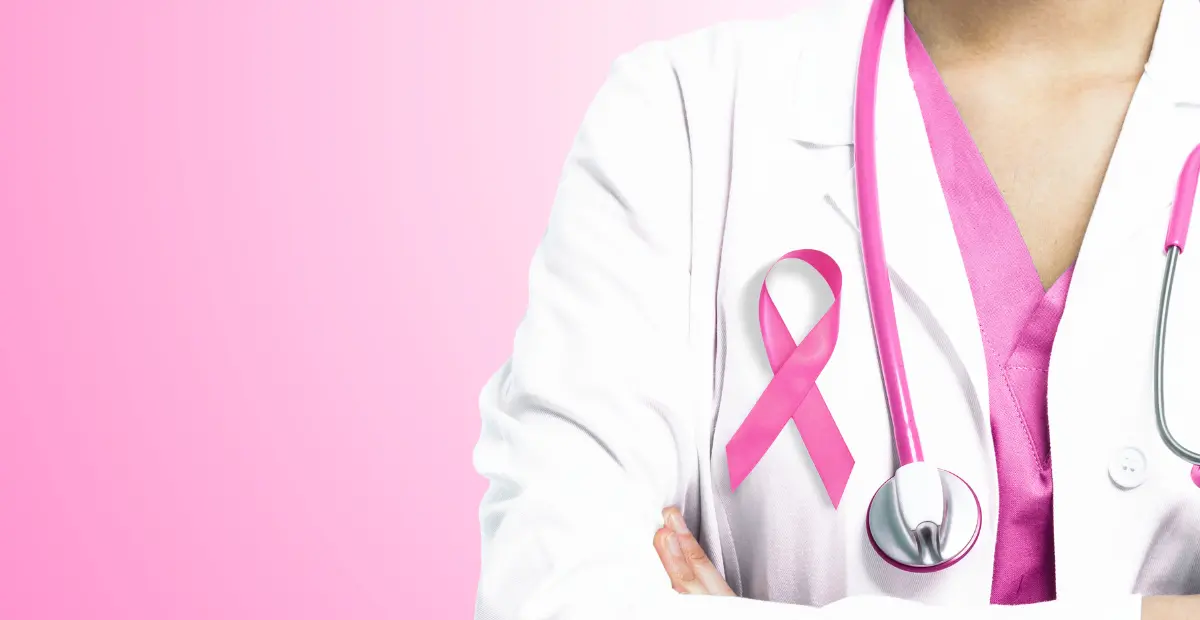Empowering Women: Strategies for Breast Cancer Prevention
Breast cancer remains the most widespread cancer globally, with a staggering 2.3 million women being diagnosed with 685,000 deaths reported in 2020.
Despite tremendous progress in treatment, prevention remains an important area of ??research and practice.
Empowering women with knowledge and resources is key to reducing the incidence and impact.
Breast cancer prevention strategies include lifestyle changes, such as maintaining weight, exercising regularly, and limiting alcohol consumption.
This article will discuss strategies to empower women to prevent breast cancer and promote an approach to breast health.
Prevention of breast cancer
It’s almost certain that most people have a family member, friend, or acquaintance who has been affected by breast cancer.
However, despite the prevalence of the disease, there are many positive developments in breast cancer research and treatment.
There is now a greater understanding of preventative measures that can be taken to reduce the risk of developing the disease.
While not every action applies to every woman, following these eight uncomplicated steps can significantly reduce the risk of breast cancer.
Keep a check on weight
It’s easy to ignore because it is often said, but maintaining a healthy weight is essential for everyone.
Being overweight can multiply the risk of many cancers.
This also includes breast cancer, especially after menopause.
Take healthy food

A healthy diet shrinks the risk of breast cancer.
Therefore, eat a lot of vegetables and fruits.
Some foods that may help prevent breast cancer include cruciferous vegetables like broccoli and cauliflower.
Leafy greens like kale and spinach, nuts and seeds, fatty fish, berries, and whole grains.
Eating a balanced diet rich in these foods and regular exercise can help reduce the risk of breast cancer.
Be physically active
If you want to achieve good health, then look closely for the silver bullet.
Women who exercise for almost 30 minutes a day are at a lower risk of getting Breast Cancer.
Exercising regularly is an excellent way to keep your weight in check.
Don’t smoke & limit alcohol
Smoking causes a lot of health risks, and on top of it are cancerous conditions, that includes Breast Cancer as well.
Therefore, if you are a frequent smoker, try to quit the same at the earliest. It’s often too late to get benefits.
There are government agencies that help you to quit smoking.
According to research, heavy drinking increases the risk of breast cancer.
Moderate alcohol consumption should be limited to no more than one drink per day.
Even moderate alcohol consumption can increase breast cancer risk.
Avoid taking birth control pills
Birth control pills are beneficial as well as harmful. They are widely used to fend off unwanted pregnancies.
Women who take birth control pills have a slightly higher risk of getting caught with breast cancer. Although the risk reduces after the pill is stopped.
There is also an increased risk of stroke and heart attack while on the pill.
If you’re concerned about Breast Cancer, it is advisable to avoid birth control pills.
However, there are many alternatives available. Check with your doctor for other avenues that you can explore.
Breastfeed
Breastfeeding for one year or more (combined for every child) lowers the risk of Breast Cancer.
It also has excellent health benefits for the child.
Contact your pediatrician, hospital, or local health department for breastfeeding information or support.
Avoid hormone therapy for menopause
Hormone therapy in menopause shouldn’t be taken long-term to prevent chronic diseases.
Research shows that the health effects of hormone therapy are complex, with both positive and negative impacts on various diseases.
Using Estrogen alone or combined with Progestin can increase the risk of breast cancer.
Therefore, hormone therapy should only be used for short periods after menopause.
It is essential to discuss the pros and cons of hormone therapy for menopause with your doctor.
Take Tamoxifen & Raloxifene
Although not commonly considered a “healthy behavior,” taking the prescription medicines like Tamoxifen and Raloxifene can gradually reduce the risk of Breast Cancer in women at high risk of the disease.
The FDA approves these medications for preventing breast cancer.
However, these powerful drugs have side effects that aren’t suitable for everyone.
Find out your family history
Women must be aware of their family history of cancer, especially if they have a firm breast or ovarian cancer history.
The risk is higher if a mother or sister has been diagnosed with these cancers.
Especially if the diagnosis occurred at a young age.
A higher risk is also present if multiple family members, including males, have had breast, ovarian, or prostate cancer.
Don’t forget mammograms

Breast cancer screening is a life-saver.
It helps in early detection while the disease is easily treatable.
While it can’t prevent cancer, it can help detect any abnormalities early.
Women generally begin annual mammograms at age 40.
But those at higher risk may need to be screened sooner.
Conclusion
Breast cancer prevention is important for women’s health.
Various strategies, including regular screening, healthy lifestyle choices, and knowledge of actual risk factors, can reduce the incidence and severity of breast cancer.
Women should proactively protect their health and seek medical help and guidance when needed.
Through empowerment and education, we can work towards a future where breast cancer is no longer a significant threat to women’s lives and well-being.
Frequently Asked Questions
WowRx uses only high-quality sources while writing our articles. Please read our content information policy to know more about how we keep our content reliable and trustworthy.






